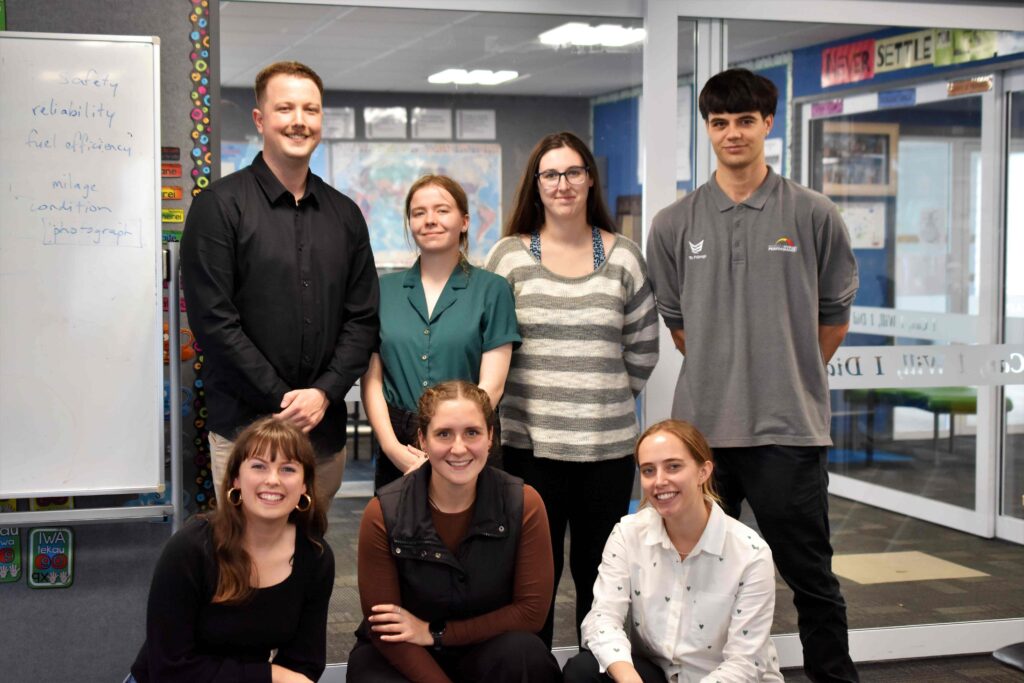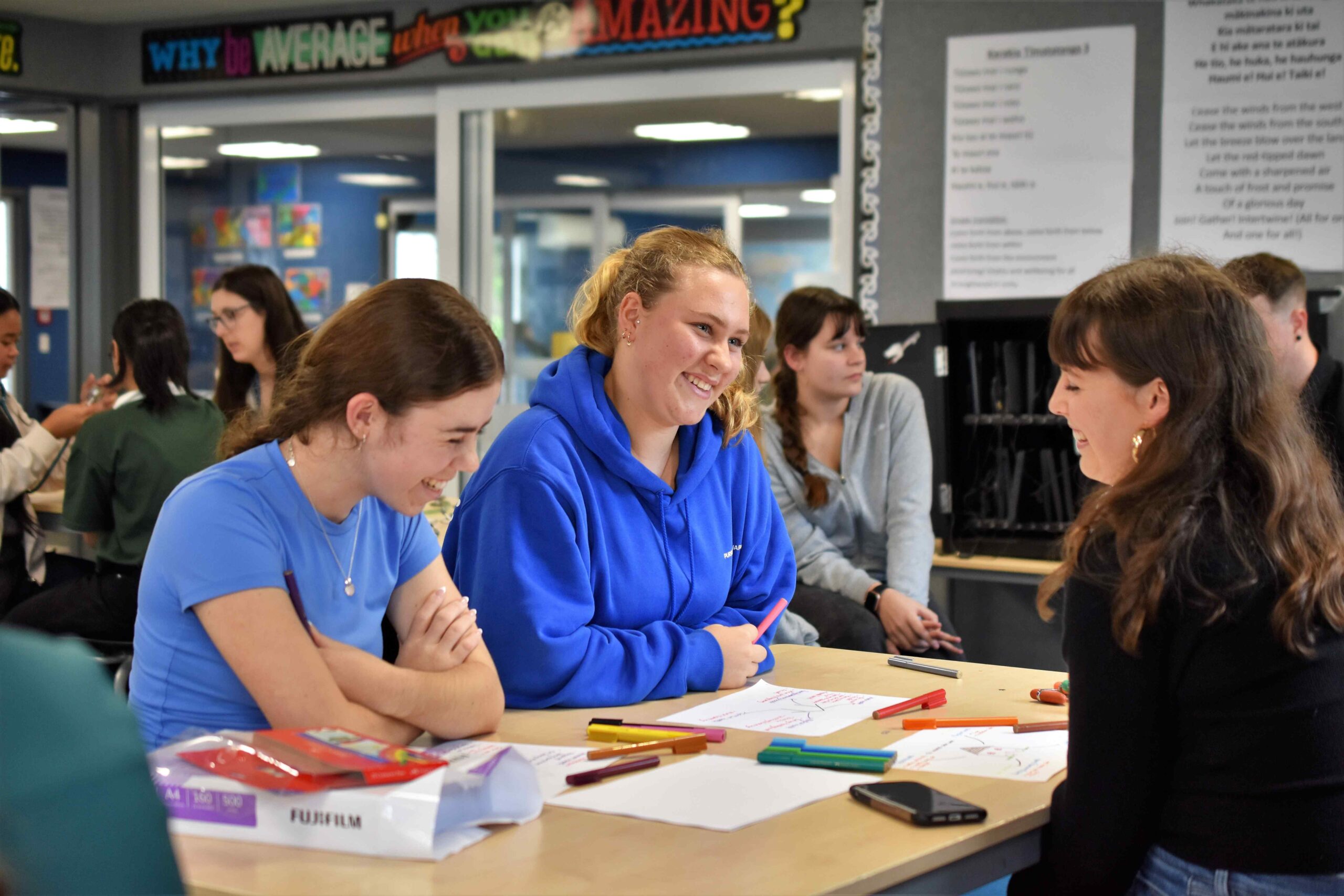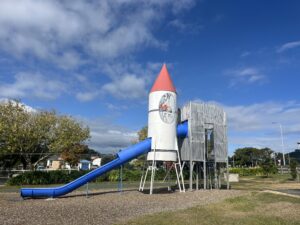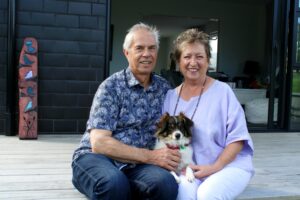Hauraki and Coromandel students were given the chance to experience some hands-on, real world learning, as a rural health organisation kicked off its first round of visits for 2023.
Hauora Taiwhenua is a collective organisation advocating for the health and wellbeing of rural New Zealanders. As part of this aim, it developed a rural health careers promotion programme, to get students interested in working in the rural medical sector.
The volunteer-led programme involved seven tertiary students from across New Zealand, all of whom are studying a health-related discipline.

In early May, they spent a week in the Hauraki and Coromandel region, travelling to schools to talk about their studies.
Students at the schools they visited – Hauraki Plains College, Thames High School, Paeroa College, Te Aroha College, Waihī College, Coromandel Area School, Mercury Bay Area School, and Whangamatā Area School – were given the opportunity to talk to the visitors.
“We mainly want to inspire the future generation of healthcare workers to live rurally because of the shortage of healthcare workers we have right now,” optometry student Sacha Rodenko said.
The visitors spoke at each school about their day-to-day lives at university and their future career paths, and gave the high schoolers an opportunity to try out some medical equipment – CPR dummies and stethoscopes, eye charts and reflex hammers.
Physiotherapy student Keegan Grainger said the students had lots of questions, asking what their university course loads would look like and how much hands-on practice they would get during their studies.
“The long term goal is that they go away, become healthcare professionals and come back and help out their rural communities,” he said.
Waihī College careers advisor Carolyn Graveson said the rural health careers promotion programme was a vital part of helping students decide their futures.
“It’s important to me that our students have equality and equity in terms of finding out about career information, and so a team like this coming out to our school is just amazing,” she said.
“City schools have this stuff all the time and we don’t.”

Carolyn said her students often weren’t sure what they would like to do after they left school, so having these programmes gave them a chance to investigate all their options.
Social worker student Cayla McFadden agreed, saying it wasn’t always obvious what each career path entailed.
“I’ve had lots of questions, like what is a social worker, what do you do day to day, do you get to travel for work – lots of different things,” she said.
“For myself at high school, I didn’t really have a full understanding of all the different careers out there. But then learning about them you realise, ‘Oh, I could totally be passionate about social work, like that’s something I’d really enjoy doing’.”
The health students emphasised there was help available to those interested in pursuing health careers, especially from rural areas.
“[There are] rural schemes, Māori and Pasifika, there’s also disability schemes as well as low-socio economic; there’s so many schemes you can apply to and that’s just for entrance, that doesn’t even apply to the support schemes that follow,” they said.
“There’s even groups that help you find housing. [We’re] just making sure people are aware that there are supports available to them. They are there and they often go unused because people just don’t know.”
By ALICE PARMINTER, Public Journalism funded by NZ on Air





